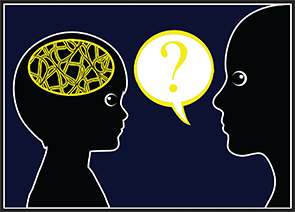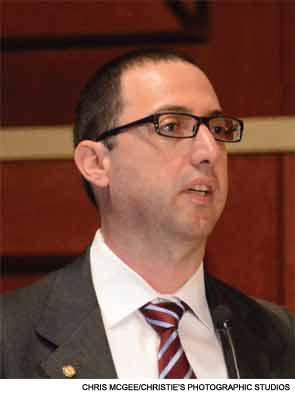A new computer program may be able to predict which hearing-impaired children treated with cochlear implants will develop effective language skills two years after implantation


A new computer program may be able to predict which hearing-impaired children treated with cochlear implants will develop effective language skills two years after implantation

Implantation of the poorer ear has raised concerns that the implant could be less beneficial in an auditory system that has been long deprived of stimulation

George Wanna, MD, and Hinrich Staecker, MD, PhD, are winners of the Triological Society’s Mosher and Fowler Awards, respectively, for excellence in otolaryngological candidate theses

Experts weigh the pros and cons of surgery for recurrent thyroid tumors, and safety of bone-anchored hearing aids versus unilateral cochlear implants in a panel discussion at the Triological Society’s Combined Sections Meeting in Miami Beach, Fla. in January
Do the costs and benefits of cochlear implantation differ between infants and older children? Background: While many studies show more rapid auditory and cognitive development in early cochlear implantation, other studies […]
What are the effects of cochlear implants (CIs) on language among children with disabilities? Background: Early implantation of a CI in children with typical development is strongly associated with improved […]